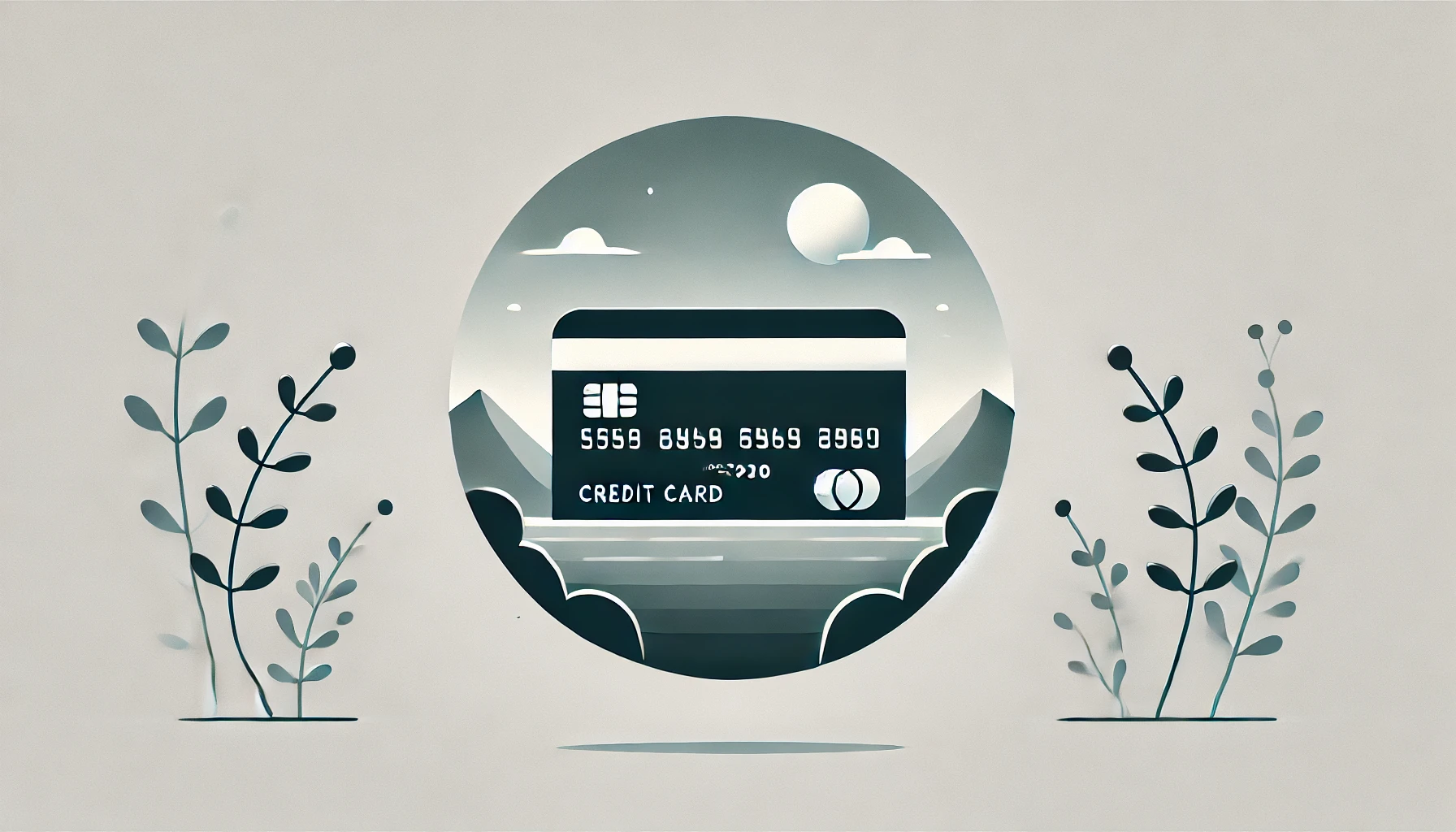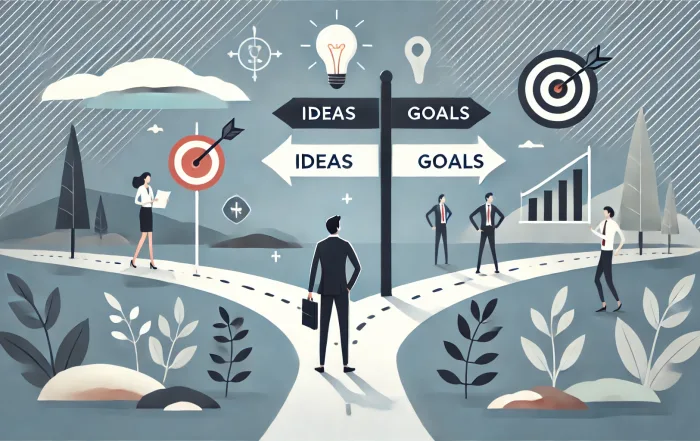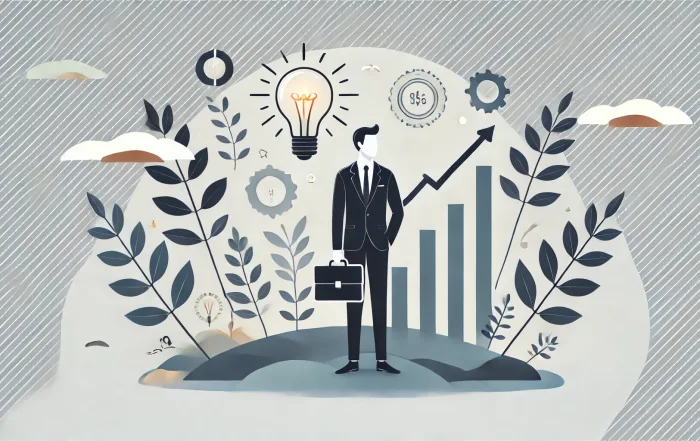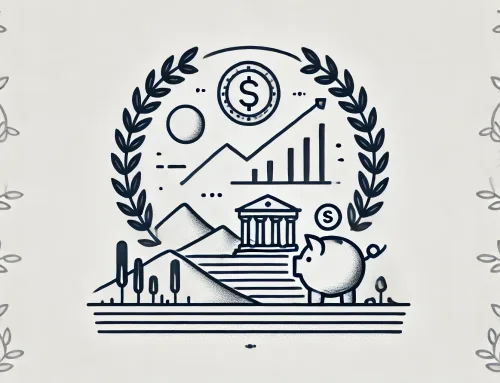Introduction
As a general rule, avoid debt or other financing products (such as revolving credit cards or buy-now-pay later financing products). Getting out of the debt trap is possible if you limit unnecessary expenses and modify your consuming patterns. Debt, if not managed carefully, can put you in a difficult position if you are not able to reimburse it because of an unexpected drop of your future income or if interest rates are picking up. The best advice is to avoid debt as much as possible specially at early age. Here are some tips you can easily follow to avoid falling into the debt trap:

Tips
1. Avoid as much as possible the Buy Now, Pay Later Plans.
This way of consuming has recently become very popular among young consumers, but it is far from being the ideal solution. The simple reason is that these plans push you to spend more than you would have without this option at a hefty cost. Although some plans may offer 0% interest, they open up a lot of avenues for potentially sinking into debt and makes it difficult to manage multiple due dates and several loan agreements.
Conclusion: adapt your consuming behaviour and stay away of debt.
2. Use carefully credit cards.
The best way to avoid debt is to look at your credit card as a debit card. This means buying items that you know you will have enough money in your savings account to cover by the time your bill is due. By doing this, you will never pay high interest rates and you will avoid a ballooning debt burden over time.
Conclusion: pay your credit card in full each month.
3. Save three to six months’ worth of basis expenses in an emergency fund
By adopting savings habits (for instance, automatically sending money from your salary to a savings account) would allow you to build a cash buffer to cover unexpected expenses. When you have cash stored away in the case of a surprise car repair or medical bill you will not need to use the credit card or requesting a costly consuming loan to cover them.
Conclusion: keep a savings buffer for unexpected expenses.
4. Only consider debt to buy valuable assets such as real estate properties
Debt can also provide you access to valuable assets such as properties (a home or a property to rent) requiring big money sums at once. Real estate properties may provide you additional wealth if there is an increase of the property value over time or in case you rent the property and you receive a monthly rent covering the loan principal and interest payments. However, real estate investment decisions are complex and require extensive market knowledge, but it may prove worthy to own your own house or for investment purposes.
Conclusion: “Good” debt allows you to get access to valuable assets.
Discover our recent Posts
Which professional career shall I choose? The first right steps to success
Introduction Choosing your studies and your professional career are one of the main decisions of your life. The outcome of your decision will certainly have a social and financial impact. Of course, the decision [...]
The success secrets to excel at work
Introduction Professional development is one of the main pillars to achieve success. In a nutshell, your career is important for an individual’s life, your financial stability but also your personal growth and social status. [...]
Follow a frugal life and achieve faster your financial goals
Following a Frugal Life Frugality is often defined as a quality to enjoy a balanced and happy life while being careful on spending money and using other resources economically. The frugality concept is [...]






Leave A Comment